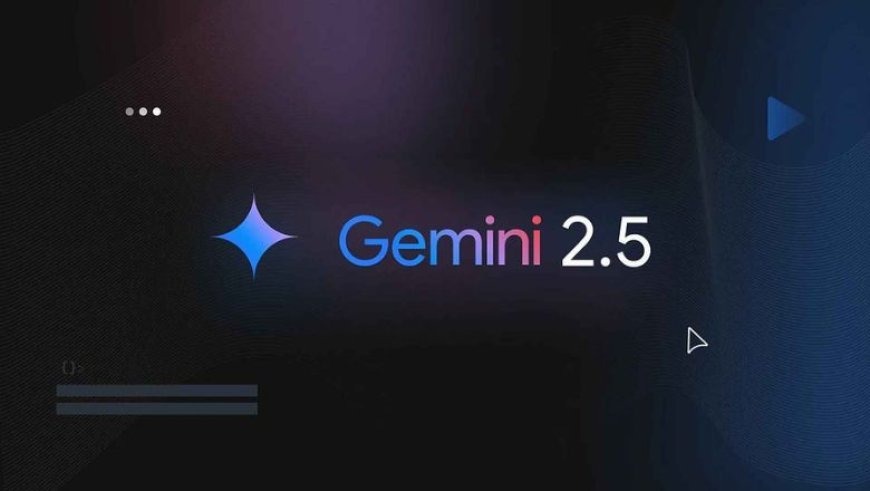Global satellite operators have set their eyes on India's booming $2.3 billion satcom market, which is projected to grow to $20 billion by 2028. This is evident from the recent developments where companies like Intelsat, Inmarsat, and SES are seen adding satellite capacity and forming reselling partnerships with larger satcom operators to compete against Elon Musk's Starlink.
The market is poised for significant growth, driven by direct-to-cell communications services and the need for reliable connectivity in underserved regions.
Tata Group's Nelco has recently partnered with Eutelsat to deliver OneWeb low Earth orbit (LEO) satellite connectivity across India. This agreement aims to provide secure, low-latency LEO connectivity to customers, including government and enterprise applications. The partnership reflects the growing demand for reliable, high-speed communication solutions in critical sectors across India.
The Indian government's satellite communications policy is influenced by a balancing act between national security, geopolitical trade dynamics, and sovereignty concerns. Although the market has been opened to private players, regulatory obstacles continue to pose significant challenges.
For example, Starlink experienced delays in obtaining approvals, largely due to restrictions related to data localization and foreign ownership.
Despite these challenges, Starlink's entry into the Indian market gained momentum following Prime Minister Narendra Modi's visit to the US in February 2025. The company secured a GMPCS license and IN-SPACe authorization, facilitating its operations in the country.
However, its dominance in the business-to-business (B2B) and business-to-consumer (B2C) segments is not guaranteed, with other operators like OneWeb focusing on B2B services and Jio catering to both B2B and B2C markets.






